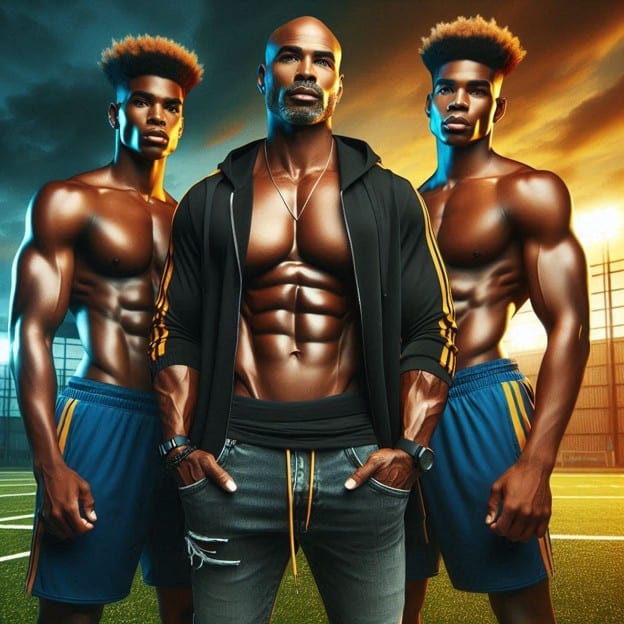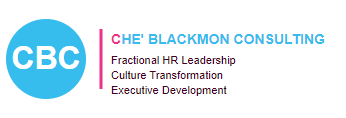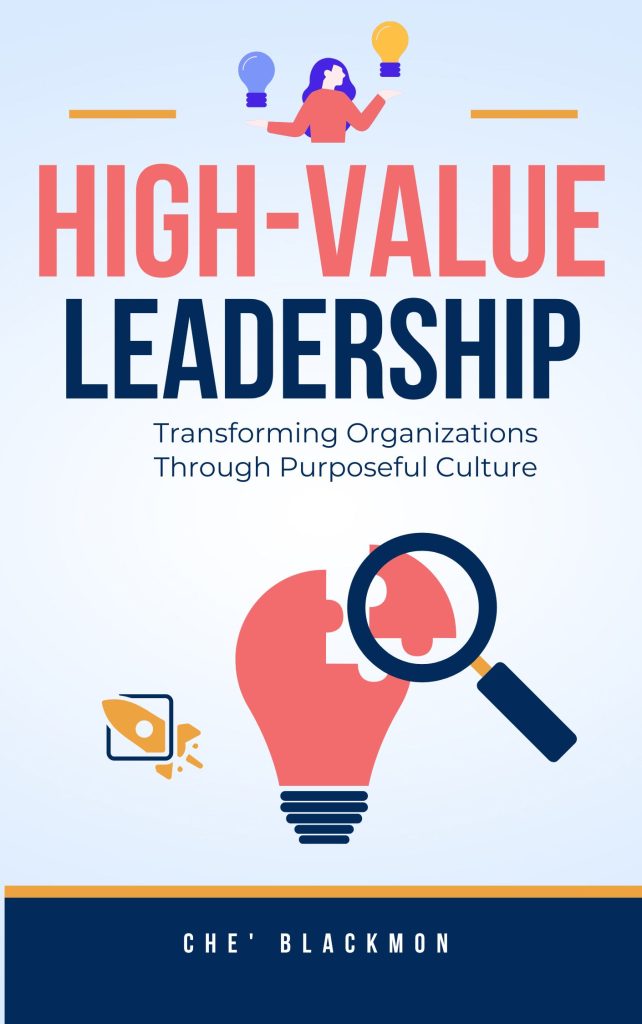Why is Black self-assurance labeled as arrogance while white confidence is celebrated as leadership?
After watching the NFL Draft snub of Shedeur Sanders and listening to all of the commentary about his attitude, I have questions. Why does the confidence and self-promotion of black people offend so many others? Why are we constantly asked to humble ourselves when our non-melanated counterparts are celebrated for the same behaviors?
These questions aren’t new. They resurface with each generation of Black excellence that dares to know and speak its worth. The pattern is consistent—when Black individuals display confidence in their abilities, they’re often labeled as arrogant, difficult, or having “character issues.” Yet when their white counterparts exhibit identical behaviors, they’re described as confident, assured, or possessing “leadership qualities.”
The Tale of Two Football Dynasties
The contrast between how America has received the Sanders family versus the Manning family provides a powerful case study in this double standard.
Deion Sanders, one of the greatest athletes in NFL history, was often criticized for his flamboyance and self-celebration. His signature high-stepping into the end zone and “Prime Time” persona were labeled as excessive showboating. Today, as a coach transforming college football programs, his confidence is frequently characterized as arrogance or disrespect for tradition.
Similarly, his sons Shedeur and Shilo face constant scrutiny about their “attitudes” despite their exceptional performance on the field. Shedeur Sanders, despite impressive collegiate statistics and demonstrated leadership, saw his draft stock questioned not because of his capabilities but due to perceptions about his confidence. Commentators rarely focused on his 77.3% completion percentage at Colorado but instead fixated on his designer sunglasses and confident demeanor.
Contrast this with the Manning dynasty. Archie Manning, while a talented quarterback, never faced the same level of scrutiny for his confidence. His sons, Peyton and Eli, were celebrated for their assurance and competitive nature. Peyton’s intense leadership style—including famously berating teammates for mistakes—was framed as “competitive fire” and “commitment to excellence.” Eli’s draft maneuver—refusing to play for San Diego after being selected first overall—was portrayed as “strategic career management” rather than entitlement.
The difference? Not in the behavior itself, but in how society perceives confidence depending on who displays it.

The Weaponization of Language
This double standard extends beyond sports into our broader cultural conversation, particularly in how certain terms have been weaponized to silence discussions about equity and inclusion.
“Woke” originally emerged from Black communities as a call to remain aware of social justice issues and systemic inequities. It simply meant staying conscious of the realities that marginalized communities face. Yet today, it’s been twisted into a pejorative term used to dismiss legitimate concerns about equality and representation.
Similarly, “DEI” (Diversity, Equity, and Inclusion) represents straightforward principles—that workplaces and institutions should reflect our diverse society, provide equitable opportunities, and create environments where everyone can contribute authentically. These aren’t radical concepts; they’re basic fairness. Yet these terms have been reframed as threatening or as “special treatment” rather than as corrections to longstanding imbalances.
The weaponization of these terms serves a purpose: to maintain the status quo by making the pursuit of equity seem extreme or divisive. It creates a false narrative that seeking equal treatment somehow disadvantages the historically privileged.
The Psychological and Professional Impact
This double standard creates significant psychological burdens for Black professionals. Consider the mental gymnastics required to navigate these contradicting expectations:
- Be confident but not too confident: Show assurance in your abilities, but make sure it’s sufficiently muted to avoid triggering stereotypes.
- Be authentic but palatable: Bring your “whole self” to work, but ensure that self aligns with majority comfort levels.
- Be exceptional but humble: Outperform to overcome bias, but never acknowledge that exceptional performance directly.
- Advocate for yourself but don’t appear demanding: Seek recognition and advancement but frame it in ways that don’t threaten existing power structures.
These contradictions create what researchers call “emotional tax”—the additional mental and emotional energy required to navigate these unwritten rules while still performing professionally. This tax is real and depleting, taking energy that could otherwise be directed toward innovation, creativity, and performance.
The Path Forward: High-Value Leadership and Authentic Inclusion
At Che’ Blackmon Consulting, we advocate for high-value leadership cultures where authenticity is recognized as an asset rather than a liability. True inclusion isn’t about forcing everyone into the same behavioral mold—it’s about recognizing that excellence comes in many styles and voices.
Creating truly equitable environments requires several commitments:
- Examining unconscious bias in how we perceive confidence: Organizations must actively question whether they’re applying different standards based on identity rather than behavior.
- Valuing authenticity as a leadership asset: Diverse leadership styles bring diverse perspectives, which drive innovation and adaptability.
- Recognizing coded language: Understanding how terms like “culture fit” or “executive presence” often serve as proxies for conformity to dominant group norms.
- Moving beyond tokenism to transformation: Real inclusion isn’t about checking demographic boxes but transforming cultures to value different perspectives and approaches.
- Supporting the next generation: Mentoring young professionals to navigate these complex dynamics while maintaining their authentic voice and confidence.
The Sanders family, like many Black professionals, shouldn’t have to choose between authenticity and acceptance. Their confidence—like the Mannings’—should be seen as an asset rather than a liability. Their self-knowledge and willingness to speak their truth should be recognized as the leadership qualities they are.
Reflection and Action
As we witness these dynamics play out on national stages like the NFL draft, we must ask ourselves some challenging questions:
- Do I apply different standards to confidence depending on who displays it?
- How have I internalized messages about whose confidence is acceptable and whose is “too much”?
- What coded language might I be using that reinforces these double standards?
- How can I create environments where authentic confidence is valued regardless of identity?
These conversations aren’t comfortable, but they’re necessary if we truly want to create workplaces and communities where everyone can bring their full, authentic selves to the table.
The path forward isn’t about lowering standards or giving preferential treatment—it’s about applying the same standards consistently across all groups. It’s about recognizing excellence and confidence for what they are, regardless of the package they come in.
For more thought-provoking articles on leadership, authenticity, and creating high-value organizational cultures, visit us at https://cheblackmon.com/blog-2/. Together, we can build workplaces and communities where everyone’s authentic excellence is recognized, celebrated, and leveraged for collective success.
#BlackExcellence #LeadershipBias #AuthenticLeadership #WorkplaceEquity #DoubleStandards #InclusiveWorkplace #ProfessionalDevelopment #UnconsciousBias



3 responses to “The Double Standard: Black Confidence vs. White Assurance”
Awesome https://is.gd/N1ikS2
Thank you.
Thanks, much appreciated.